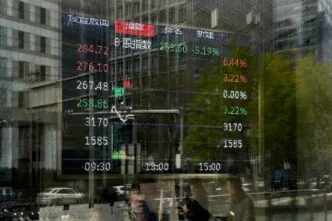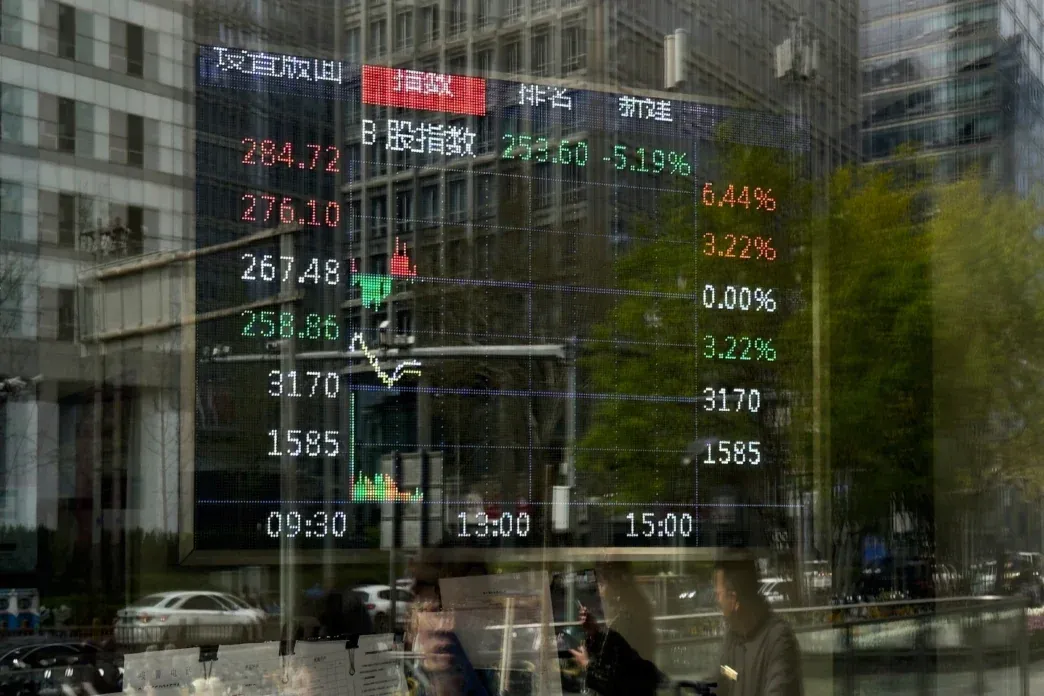China accused the United States on Monday of engaging in unilateralism, protectionism, and economic bullying, criticizing recent tariff hikes and urging U.S. companies, including Tesla, to help resolve the dispute.
Ministry of Foreign Affairs spokesperson Lin Jian said the “America First” policy undermines global production stability and supply chains, dealing a serious blow to the world’s economic recovery.
The backlash follows former President Donald Trump’s announcement last week of a new 34% tariff on Chinese goods, added on top of two earlier 10% tariff rounds in February and March. Trump justified the move by citing China’s alleged role in the fentanyl crisis. In response, China quickly imposed its own 34% tariffs on U.S. goods.
Despite market drops in Hong Kong and Shanghai, Beijing remained defiant. The People’s Daily, the Communist Party’s official newspaper, declared: “The sky won’t fall,” adding that China was ready with countermeasures.
“Faced with the indiscriminate punches of U.S. taxes, we know what we are doing and we have tools at our disposal,” the editorial stated.
On Friday, China rolled out several countermeasures in response to Trump’s tariffs. These included suspending imports of sorghum, poultry, and bonemeal from select U.S. companies, tightening export controls on rare earth minerals essential to high-tech manufacturing, and filing a lawsuit with the World Trade Organization.
Whether Chinese President Xi Jinping will meet with Trump to negotiate remains unclear. Lin redirected questions about a potential meeting to other departments.
“Pressure and threats are not the way to deal with China. China will firmly safeguard its legitimate rights and interests,” Lin said.
Still, over the weekend, Chinese officials held talks with U.S. business leaders, including representatives from Tesla and GE Healthcare.
At a meeting with 20 American companies, Vice Minister of Commerce Ling Ji blamed the U.S. for the dispute.
“The root of the tariff problem is in the U.S.,” Ling said. “We hope the American companies can address the problem at its root, issue reasonable statements, take concrete actions, and work together to safeguard the stability of the global supply chain.”
Ling also reassured businesses that China remains open to foreign investment and is a safe place to do business.
In Hong Kong, Financial Secretary Paul Chan addressed the 13.2% drop in the stock market, emphasizing that while volatility is high, the market remains functional with strong trading activity.
Chan criticized the U.S. tariffs as “bullying and unreasonable,” blaming them for disrupting supply chains and hindering global economic recovery. He also reiterated Hong Kong’s status as a free port and its economic autonomy from mainland China.














